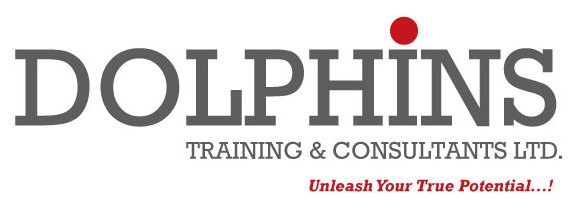
I watched a supposed communication pro deliver a webinar recently on successful presentations that was arguably one of the worst presentations I have ever seen. She rambled. She took forever to get to her key points. Her pacing was off. She didnt seem to know her own slides. She peppered her remarks with “ums.” You get the picture. If she were in any other field, she might be forgiven some of these errors, but she was presenting herself as a communications professional (!) I am sure she knows about presenting, but the disconnect between her claims and her execution that viewers observed was cringe-inducing. She definitely did not model what she was selling.As a result,she did not pick up any new clients. Here are two things you can do to avoid her error and ensure you are modeling what you are selling.
Prepare for Meetings
It sounds basic (and it is), but people dont prepare. They tell themselves, I have no time. I know my stuff cold. Ill figure it out when Im there. and then they wonder why they lose business. Think through what you will bring, what you will say, how you will relate to your audience, how you will connect your thoughts into a compelling message, and how the entire experience will move towards a desired next step. Rehearse a few times. Fix the rough spots. Get it right before you go to the meeting.
Luck is Preparation Meeting Opportunity …
Get Feedback from Colleagues
- If you are selling the ease of use of your software, your demo needs to be easy to show.
- If you are pitching your investment management expertise, your questions and commentary need to reflect your understanding of markets.
- If you are selling sales expertise, you need to manifest professional salesmanship in your behavior and conversation.
- If you are competing in a creative field (graphics, architecture, interior design, etc.), you need to be creative in how you present.
- If you are promoting your media platforms, you need to be conversant with digital terms, issues, challenges.
When there is a disconnect between what you are saying and doing and what listeners are experiencing, their experience will win out every time. Practicing with colleagues will help each of you strengthen how well you model what you are selling and where you need to focus to improve your credibility with clients.
Dont be like the shoemaker with holes in his own shoes. Those “holes’ are rarely good for building trust, credibility, or business.
Words Matter – Make What You Say Pay!
